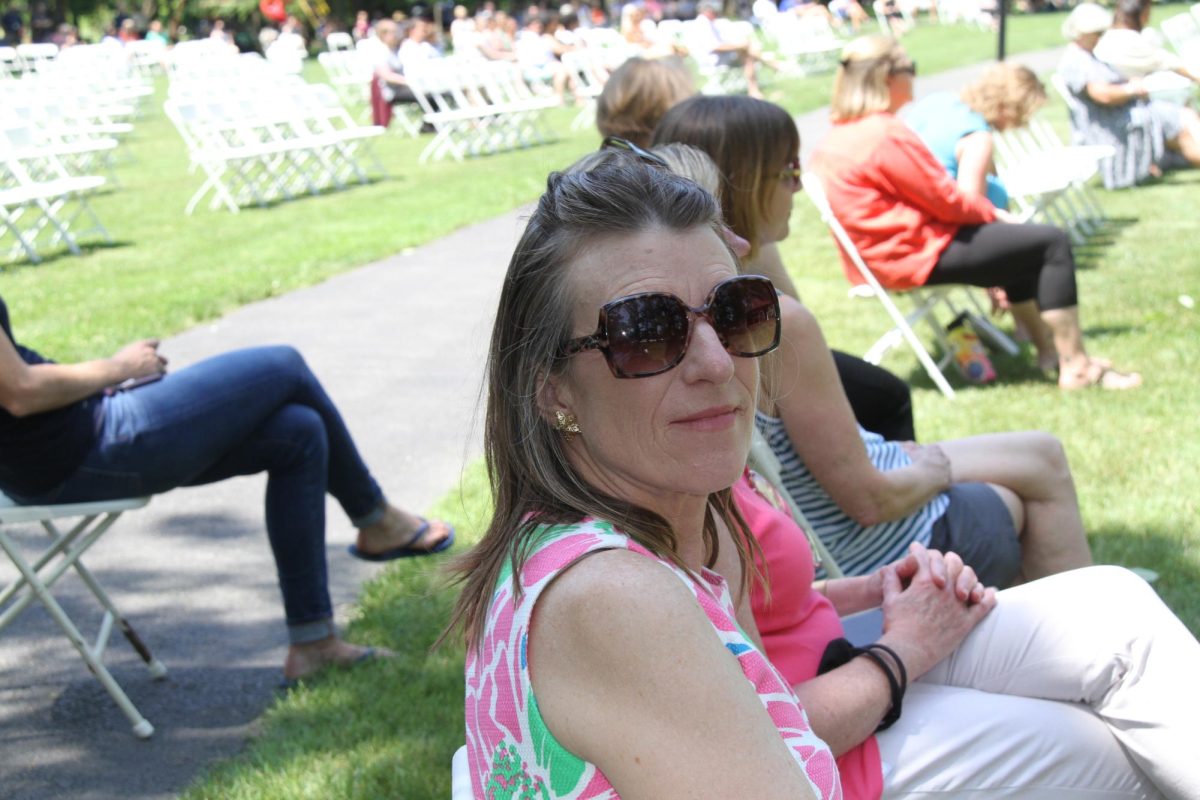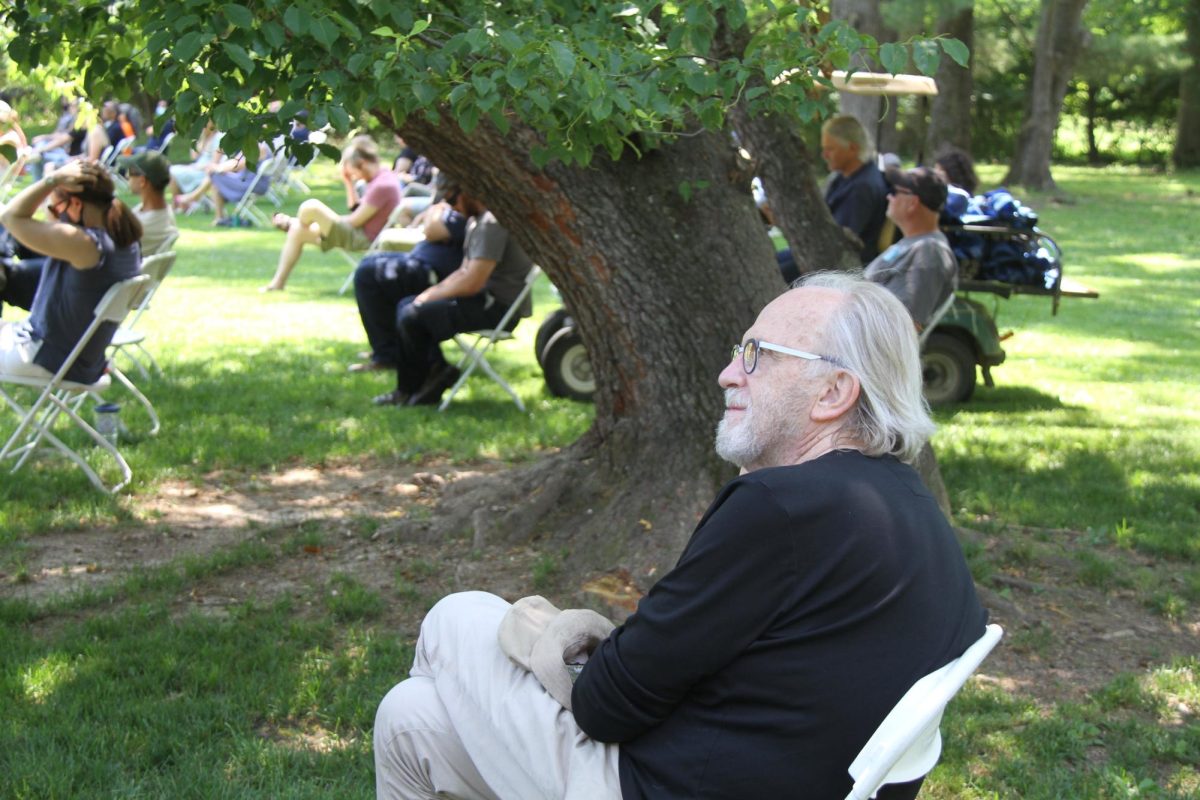Harvard’s Project Zero inspires interdisciplinary courses at PDS
November 29, 2015
In 2012, Head of Upper School Jason Robinson attended Harvard University’s Future of Learning conference, where he met Veronica Boix Mansilla, Principal Investigator at Project Zero—Harvard University’s research institute for interdisciplinary studies. In March of last year, Princeton Day School received $1,000,000 to create the Miss Fine’s Center for Interdisciplinary Studies. Mr. Robinson recognized that in order to properly incorporate interdisciplinary practices and thinking into PDS, our school would need the right guidance and structure to initiate the process. This is why he collaborated with Mansilla to host workshops regarding interdisciplinary studies. On March 31, Mansilla led an initial, small workshop. She returned to PDS on August 28 and gave an all-faculty workshop.
During the most recent workshop, Mansilla rst gave an overview of what interdisciplinary teaching means and why it is important. Next, the faculty was divided into groups according to which disciplines they felt most comfortable with. An important part of this workshop was to tease out de nitions or mission statements for each discipline before being able to build interdisciplinary connections between them. These mission statements were encouraged to be “content-based” rather than “disposition-based.” Mr. Robinson explained the distinction well, leaning on his experience both as a history teacher and as an Honorary Fellow at Harvard University’s Future of Learning Conference, “The point of taking history is not to memorize a thousand facts. The point of taking history is to think like a historian, to acquire the disposition, the mindset, the critical thinking skills of a historian, to understand the kinds of questions historians ask, how they answer them, what counts as good evidence in the historical discipline, how the conversation about history has evolved over time.” After gaining a better sense of each discipline, the afternoon was dedicated to learning ways to make connections and form collaborations between disciplines.
Interdisciplinary initiatives have already been implemented at PDS with the help of willing teachers. Last year, Science Department Chair Leon Rosenberg’s “Genes, Health, and Society” course, an already interdisciplinary class, called upon Mr. Robinson to give a legal and ethical perspective to subjects like ngerprinting and prenatal abnormalities. Another previously offered course, Energy Systems, combined Chemistry, Physics, Biology, and Politics in an effort to understand energy and current energy related problems. English Department Chair Karen Latham collaborated with Dean of Students and Upper School history teacher Dr. Elizabeth Monroe to create an English course titled “Springtime in Paris,” which studied both literature and art inspired by 1920s Paris. Dr. Latham also spent time working with history teachers in order to add historical context to her classes’ experiences reading Mark Twain’s Huckleberry Finn. “You kind of need to know when a book was written, why it was written, what the reception was at the time it was published, in order to maybe understand how interpretations have changed over time,” said Dr. Latham.
Now, the goal is to keep building upon these interdisciplinary courses and initiating more. Mr. Robinson plans to have Mansilla come back in January for another workshop, hoping that teachers will have had time to think about and experiment with ways to be more interdisciplinary using the skills, de nitions, and handouts provided in the August workshop. The January workshop will act as a follow up and will give teachers the chance to ask about speci c concerns with making education interdisciplinary.





